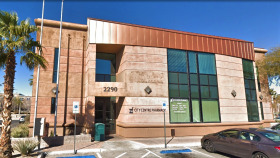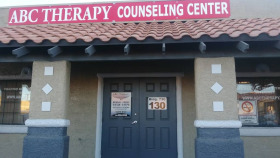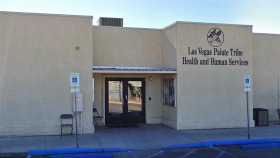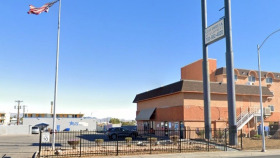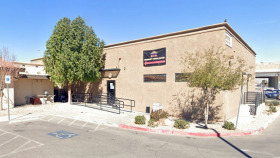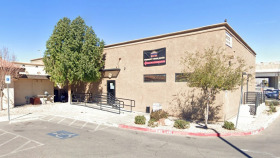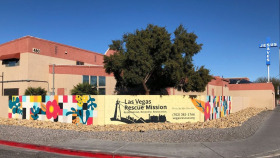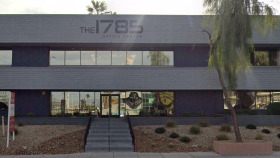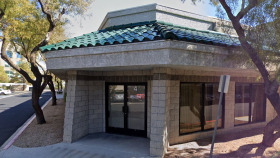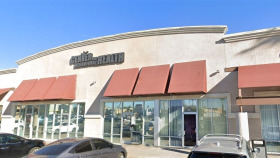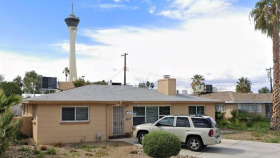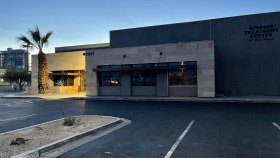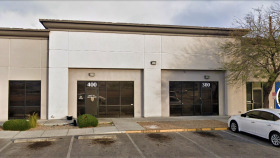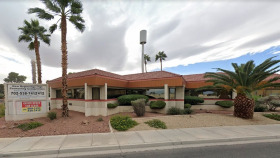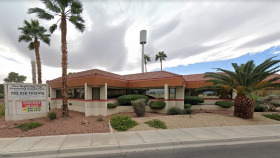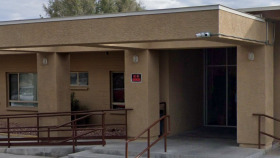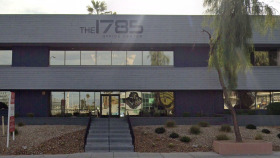Expert Insights
The homelessness problem in Sunrise Manor is often in the news, but I see the media focusing not on mental health and substance use, but instead on crime and garbage. It’s like the residents just don’t want to see the mess and want to ignore that there’s a problem.
When the reality is we need to be providing more addiction treatment and mental health resources. It takes very little, like losing your job and getting behind on a rent payment, to end up on the street, yet people focus more on judging people than providing help.
As a social worker, I understand the complexity of homelessness and I can say that drugs are not a choice for many folks – they are the way people survive the brutality of losing everything and having to live on the streets. I think if we showed more compassion and supported people in our community, we may see addiction and homelessness improve.
~ Olivia Pennelle
Cost of Drug Rehab in Sunrise Manor
Drug rehabs in Sunrise Manor will set their costs based on the type of program you choose and the amenities offered.
Resources
- Southern Nevada Health District. (2021). Community Health Assessment Report.
- Nevada Department of Health and Human Services. (2019). Substance Abuse Prevention and Treatment Agency – 2019 Epidemiologic Profile Clark County Behavioral Health Region.
- Nevada Department of Health and Human Services – Nevada Division of Public and Behavioral Health. (2021). Substance Abuse Prevention and Treatment Agency.
- Nevada Department of Health and Human Services. (2022). Nevada State Opioid Response.


